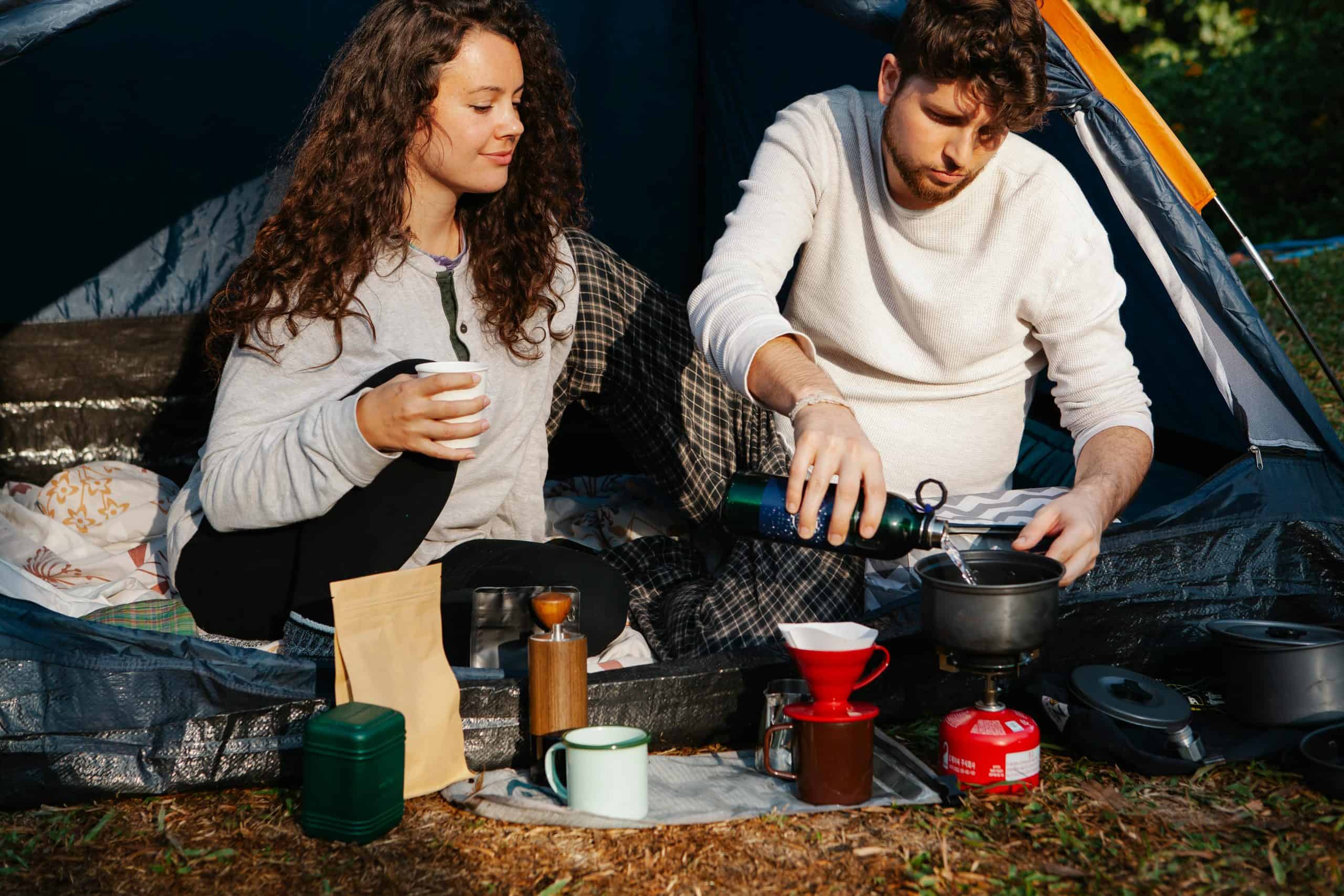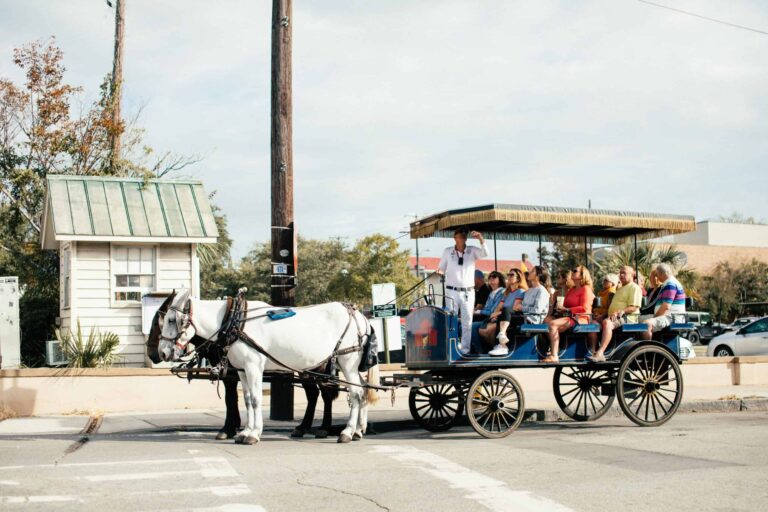Campsite Safety: 9 Tips to Keep Yourself and Loved Ones Secure
Camping is one of the best ways to spend time in the great outdoors. An opportunity to soak yourself in nature. However, safety should come first, as one mishap can ruin the whole camping experience. If you are planning a camping trip, there are a number of safety issues to bear in mind. These are essentials to consider when organizing a camping trip to ensure a fun and safe trip. Read about them below!
Choose the Right Campsite
Camping in a secure location is the first step to safety. Investigate the area and seek out the campsite that has adequate amenities, security measures, and positive reviews, not forgetting its proximity to assistance (ranger stations or emergency services). Don’t set your camp right next to big gum trees to avoid a large branch from falling on top of your tent. Consider the rains, too, and stay away from camping over ditches and in creek beds where water may collect rather than where the water will drain.
Pack First Aid Essentials
Make a first aid kit a priority in your packing for camping, as most campgrounds are in remote areas, and it can be challenging to find a doctor in the event of an accident. A well-stocked first aid pack customized to meet your needs makes you a first responder handling minor issues like a burn, choke, fracture, scrape, or cut until proper medical attention arrives. Camping with someone who has received first aid training is a smart idea if possible, but becoming trained yourself is even better.
Have Fun But Stay Vigilant
Don’t be carried away with camping fun. Stay mindful of your body’s response to your surroundings, particularly if you’re new to the location and it’s in a remote area. If something feels off, please trust your instincts and take the necessary action right away. Call for help if you notice any suspicious or threatening behavior from anyone or even wildlife.
Be Weather Conscious
Prior to your travel, monitor the weather forecast of your camping area to plan ahead and adjust your packing accordingly. Pay attention to the weather during camping, using a weather radio or smartphone app to watch the conditions due to the variability. Flash floods can be destructive even though they are uncommon. Particularly after a lot of rain, use caution when camping in low-lying locations that are vulnerable to flash floods. Dry, level terrain is ideal for setting up your tent. The moment you hear the thunder, seek cover instantly and stay away from huge objects, open spaces, and water.
Protect Your Valuables Against Theft
Theft may not be a major concern when camping, but know that your valuables can attract attention to your tent. Choose a campsite that is well-lit and visible from other locations, or camp close to other people or in areas with more foot traffic if at all possible. Keep expensive stuff out of sight to discourage crooks, preferably locked up when you are not in your tent. Then at night, remain alert and conscious of your surroundings.
Practice Fire Safety
Campfires are wonderful to sit around and savor, but can be dangerous—be mindful of them. Only make a fire in designated areas or in a cleared space away from dry grass, low-hanging branches, and combustible objects. Campfires should be kept small (sized for cooking or warmth), in that smaller fires are easier to control.
Never leave a fire unattended to reduce the chance of starting a forest fire; put it out before leaving the site. Campers with children should educate them on how to stay safe near fires, keep a safe distance away from the fire, and prevent them from poking it or tossing objects into it. Keep a shovel and plenty of water close by to put out a fire quickly should the fire get out of control.
Be Familiar With the Campsite
Most campsites have guidelines and general information about their terrain. This information is in place for visitors to get acquainted with the layout, pathways, and possible dangers of the geography. Get maps and study them for easy navigation and the prevention of getting lost. Take a look around the campground upon arrival to observe entries and exits, flood-prone areas, danger zones, and the measures for wildlife protection. If you camp off the campsite, learn how to return to the campground using the map or GPS. In the event that your GPS malfunctions, satellite phones or walkie-talkies make a good backup.
Maintain Food Safety
As adventurous as camping is, it can pose a risk to food safety. It’s important for all campers to wash their hands before handling any food with warm water and soap or hand sanitizers where soap and water are not available. Keeping hand hygiene helps you stay healthy and prevent contracting diseases from other people’s germs. Ensure your food is not left on tables or in other open areas, but packaged tightly and kept in a watertight container or insulated containers against insects and animals. Remember to separate raw and cooked food to prevent food-borne diseases.
Wildlife Awareness
Camping gets you closer to nature, which may include seeing wildlife. You must learn how to reduce dangers and coexist with local wildlife as a vital component of camping safety advice. Research the wildlife in your camp area and the kinds of creatures you might see, and avoid them. Bears are most frequently found in Florida’s wooded areas, including state and national parks, according to the Florida Fish and Wildlife Conservation Commission, and deer in Wisconsin.
To avoid attracting wildlife, campers should keep their campsite clean and dispose of food scraps and waste properly. Never feed any wildlife, especially if they appear to be requesting a handout. When wild animals identify people with food, it can lead to aggression, which is harmful. Making a noise is generally sufficient to frighten away bears or other large animals when walking or using bear spray.
Conclusion
Unlike other vacation options, camping poses some unique safety risks, thus requiring some important considerations. However, it doesn’t have to be intimidating or overwhelming. Adhering to the safety precautions gives you peace of mind, allows you to enjoy the wonders of nature, and makes lasting memories with your loved ones. So you can go camping anytime with assurance, enjoy the moments, and stay safe.






